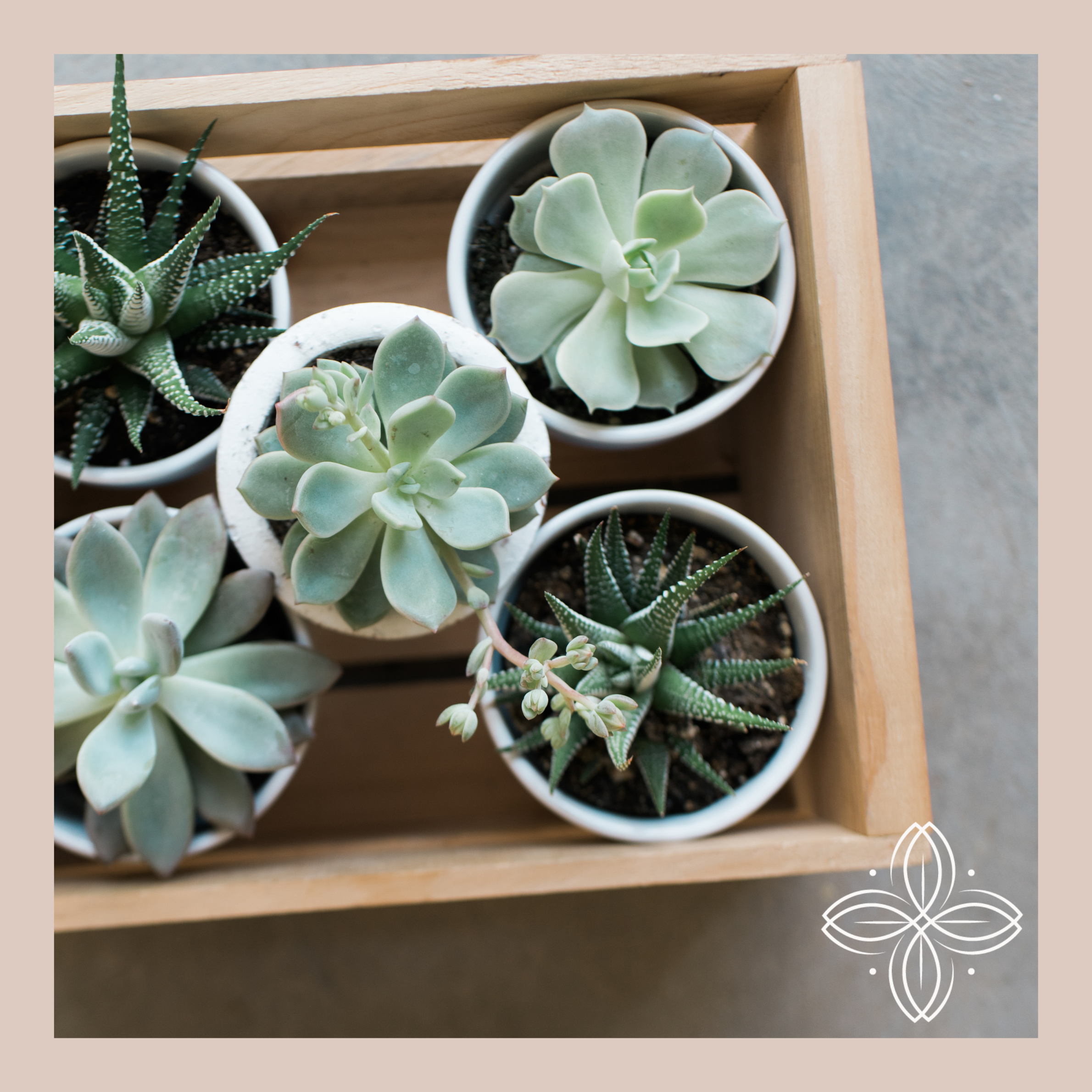What Does It Really Take Be Happy?
Many believe happiness is something to find or achieve – a place we reach when everything falls into place. Contrary to this belief, happiness isn’t about constant positivity. It’s not a destination. Life is unpredictable, messy, and challenging. Yet, even in difficult times, we can cultivate happiness.
So I invite you to shift your perspective, to open to a new idea about happiness. Life typically doesn’t allow for us to always feel good. When you learn to live in alignment with your values and develop psychological flexibility – you will find how happiness can become a deeper, more consistent sense of well-being.

Living in Alignment: The Foundation of Fulfillment
Living in alignment means making choices that reflect your core values, even when life feels uncertain. It’s about letting your actions be guided by what truly matters, rather than fear, avoidance, or external pressure.
For example, someone who values connection might avoid difficult conversations out of fear of conflict. But over time, this avoidance leads to disconnection and resentment. Choosing to have honest conversations, even when uncomfortable, creates authenticity and fulfillment.
This is where psychological flexibility becomes essential.
Psychological Flexibility: The Key to Sustainable Happiness
Psychological flexibility is the ability to navigate life’s challenges with resilience and emotional well-being. Rooted in Acceptance and Commitment Therapy (ACT), it helps us:
• Stay present instead of dwelling on the past or worrying about the future.
• Accept emotions rather than suppress or fight them.
• Defuse from unhelpful thoughts.
• Take committed action toward what truly matters.
Happiness isn’t about eliminating discomfort, sadness, or stress. Instead, it’s about making space for all experiences while staying aligned with your values.
Practices to Cultivate Psychological Flexibility
Here are simple yet powerful ways to build psychological flexibility and enhance happiness:
1. Practice Present-Moment Awareness
Happiness isn’t in the past or future – it’s in the now. Mindfulness helps you stay present and connected to yourself. Try deep breathing, grounding exercises, or simply noticing your surroundings.
Breathwork is a great tool for shifting focus. A simple technique I recommend is the Physiological Sigh – quick way to calm your nervous system and return to the present. You can watch a short video about it HERE.
One of my favorite books to recommend is The Pivot Year by Brianna Wiest. You can find it, along with other resources, in the Helpful Hub on my website. It is a daily reader that has such great content – you can use each day to help stay grounded and mindful, exploring different feelings and ideas.
2. Reframe Discomfort as Growth
It’s natural to avoid discomfort, but growth comes from leaning into challenges. Instead of seeing difficult emotions as obstacles, view them as signs that you’re stepping outside your comfort zone in a meaningful way.
Self-awareness is key. At first, it can be painful because we’re so used to distraction and avoidance. But resisting life’s inevitable challenges only creates more suffering. The more we allow ourselves to experience life fully, the more we grow – and the more we appreciate happiness when we feel it.
3. Align Actions with Your Values
True happiness comes from living in alignment with your values. Take a moment to reflect: What matters most to me?
Small, intentional actions – like prioritizing connection, creativity, or self-care – can create a profound shift in well-being.
Need help identifying your values? Download this Values Exercise to explore more and help you gain clarity.
4. Find a Community to Share in Your Happiness
Happiness grows through connection. Feeling a sense of purpose and belonging enhances well-being.
Psychologists identify three key components of happiness:
1. Positive emotions (feeling good)
2. Engagement (being present in what you do)
3. Meaning (having a sense of purpose)
We thrive when we’re part of something bigger. Authentic happiness requires connection and shared purpose.
Happiness is a Journey, Joy is a Feeling
Happiness isn’t about avoiding discomfort or chasing fleeting joy. It’s about being open to all of life’s experiences while staying grounded in what truly matters.
Joy, however, is a more intense experience. As Brené Brown defines it in Atlas of the Heart, joy is “an intense feeling of deep spiritual connection, pleasure, and appreciation.”
Biology also plays a role. Neurotransmitters like dopamine, serotonin, oxytocin, and endorphins influence pleasure, reward, and motivation. Taking action toward your values sets the stage for experiencing happiness and those deeper moments of joy.
Final Thoughts: Listen and Be Aware
Tuning into your mind and body – growing your self-awareness – is where meaningful change begins. I encourage you to take a moment to reflect: What is one small step I can take today to live in alignment with my values? Maybe it’s trying a simple breathwork technique, beginning a mindfulness practice, or exploring your core values with the downloadable values exercise.
If this message resonates with you and you’re feeling ready to deepen your journey toward lasting happiness, I’d love to support you. Visit Living in Alignment to learn more about how I help women cultivate psychological flexibility, self-compassion, and a life rooted in purpose. You’re not alone on this path – let’s walk it together.
This website template was designed using 100% solar power
Together we will explore what is holding you back and discover ways for you to elevate the level of joy, fulfillment, and vitality in your life.
